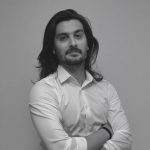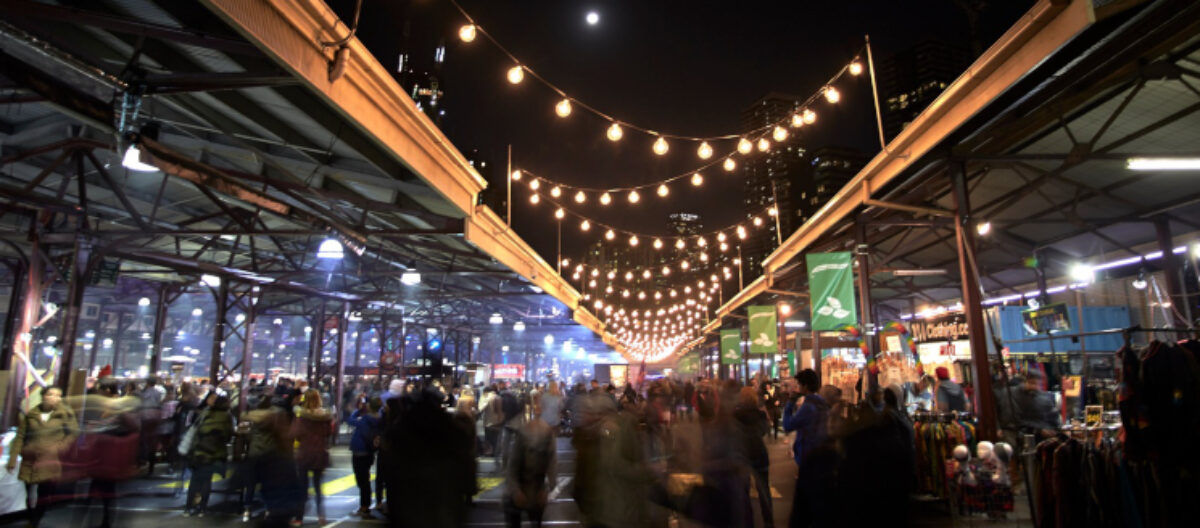Indigenous Ways of Knowing, Being, and Healing (Part B: Critical Response)
In this second of two episodes on Indigenous ways of knowing, being, and healing hosts Natalie Kivell and Ramy Barhouche engage in a powerful conversation with a diverse group of guests: Hana Masud, Rejane Williams, Ann Marie Beals, Amy Smoke, and Marika Handfield. Guests were invited to listen to part 1, and join us in this dialogue to further our collective understanding and imaginations about Indigenous reclamation and resistance.
This episode covers a range of topics, including resistance as healing, the impacts of colonialism and capitalism, the fight for Indigenous sovereignty and land reclamation, denial of colonialism, the challenges of raising awareness, and the importance of safe spaces and language in resistance.
We explore the role of non-Indigenous allies in awareness-raising work and the emotional labor involved in resisting oppression. The guests candidly reflect on the exhaustion and frustration within the ongoing struggle.
The episode amplifies Indigenous movements for, survival and freedom, and the refusal to be marginalized. It emphasizes intergenerational healing, breaking cycles of trauma, and the ongoing reclamation of Indigenous languages, cultures, and practices. We encourage listeners and transcript readers to support Indigenous communities in these journeys for justice, recognition, self-determination, and liberation from Palestine, to Turtle Island, to South Africa and in and for all colonized lands.
Guests
Ann Marie Beals (Nek’m/They/Them), is a Two-Spirit mixed-blood L’nu, African Nova Scotian and First Nation Mi’kmaq from Mi’kma’ki territory, and a faculty member at the Community Psychology Program at Wilfrid Laurier University, situated on the unceded lands of the Anishinaabe, Haudenosaunee, and Atiwandaronk Peoples. Ann Marie’s vision of anti-racist work is deeply influenced by their own identities and strong cultural roots within Black and Indigenous communities. Ann Marie’s research embodies anti-racist praxis through collaborative efforts around oral digital storytelling and its importance as a form of Afro-Indigenous, Black, and Indigenous testimony, knowledge sharing, and archival knowledge-keeping of histories, geographies, and realities.
Hana Masud (She/Her), is a Palestinian community psychologist and a Postdoctoral Fellow in the Decolonial Antiracism Research & Action (DARA) Collective for Healing & Liberación at the University of Massachusetts Boston. Her research centers on the coloniality of mental health services, exploring its impact on re-colonizing local resistance. Hana is dedicated to forging collaborative partnerships with mental health workers and marginalized communities, working together to transform conditions of inequity toward wellness and justice in Palestine. Additionally, Hana teaches graduate courses in clinical PsyD, M.A., and Ph.D. programs, emphasizing community psychology from a critical decolonial perspective. Join us in acknowledging and honoring their impactful work.
Amy Smoke (They/Them), a proud Two Spirit, IndigiQueer parent, and land defender from the Mohawk Nation, Turtle Clan, Six Nations of the Grand River. With a rich background as a community organizer, public speaker, and award-winning advocate in Social Justice and Community Leadership, Amy co-founded O:se Kenhionhata:tie Land Back Camp. This sanctuary caters to Two Spirit, IndigiQueer, trans, non-binary youth, and settler allies in the LGBTQ+ community. As a sessional instructor, Amy shares their knowledge in community organizing within the Bachelor of Social Work program.
Rejane Williams (She/Her), a researcher from South Africa, currently residing in Simon’s Town. This coastal town carries a history of Black communities forcibly relocated, but for Rejane, it’s a reclaimed space, thanks to her partner’s roots. In her work, Rejane delves into the intricacies of race and subjectivity, exploring the racialization of individuals and how they navigate the complexities of racism. Her focus extends to the profound impact of trauma, particularly in the South African context, grappling with the legacies of colonialism, apartheid, and slavery. Recognizing the limitations of individual psychology, Rejane is passionately dedicated to unraveling the possibilities of collective healing from historical trauma.
Marika Handfield (They/Them), is a descendant of white settlers (Irish and English settlers in the 1800s) and resides on the stolen lands of Tiohtiá:ke. They are a PhD student in Community Psychology at the University of Quebec in Montreal. In recognition of their ongoing implication in colonialism, their research project is a response to the needs of Mikana, an indigenous organization committed to raising awareness about colonialism. In collaboration, they evaluate the impact of workshops on non-indigenous participants and delve into the experiences of Indigenous youth facilitating these transformative sessions. Marika’s academic journey is intricately woven with a commitment to decolonial practices, social change and critical reflections on their potential negative impacts.
Hosts

Natalie Kivell (She/Her) is an activist scholar who roots her research and practice in love, and relational theorizing and knowledge creation. She is a white settler from the colonial nation-state of Canada. She was born, raised, and has returned to raise her family on the lands of the Saugeen Ojibwe Nation. She is an Assistant Professor in Community Psychology at Wilfrid Laurier University, where her research and practice grow through methodologies and epistemologies of resistance. In partnership and solidarity with community organizers, she explores critical frameworks of abolition, disability justice, and radical care, through qualitative, participatory, and action-oriented research to bear witness to, document, and catalyze transformation.
 Ramy Barhouche bio: Ramy (He/Him) is originally from Lebanon, but has been living between Lebanon, the US, and Canada. He is a Community Psychology PhD candidate at Wilfrid Laurier University, in Ontario, Canada, located on the shared traditional territory of the Neutral, Anishnaabe (Anish-nah-bay) and Haudenosaunee (Hoe-den-no-show-nee) peoples. Ramy’s PhD explores decolonial approaches, and advocates for transformative understandings of community well-being and mental health. His work challenges hegemonic and colonial paradigms, and advocates for decolonial and culturally-responsive approaches to community well-being.
Ramy Barhouche bio: Ramy (He/Him) is originally from Lebanon, but has been living between Lebanon, the US, and Canada. He is a Community Psychology PhD candidate at Wilfrid Laurier University, in Ontario, Canada, located on the shared traditional territory of the Neutral, Anishnaabe (Anish-nah-bay) and Haudenosaunee (Hoe-den-no-show-nee) peoples. Ramy’s PhD explores decolonial approaches, and advocates for transformative understandings of community well-being and mental health. His work challenges hegemonic and colonial paradigms, and advocates for decolonial and culturally-responsive approaches to community well-being.

